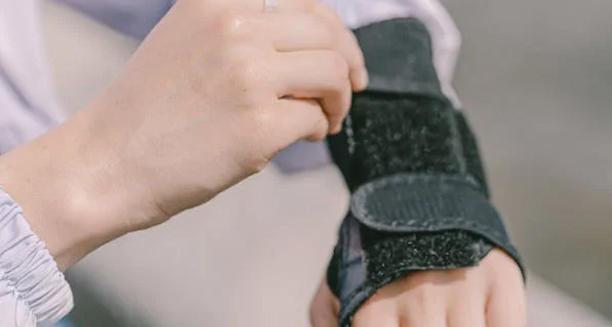Complications and Recovery from Carpal Tunnel Syndrome
Complications and recovery from carpal tunnel syndrome depend on how early the condition is treated and whether surgery is needed. If not addressed, complications of carpal tunnel syndrome can include permanent nerve damage, muscle wasting, and long-term hand dysfunction.
Common Complications
- Nerve Damage: Prolonged pressure on the median nerve can lead to irreversible loss of sensation or coordination.
- Thenar Muscle Atrophy: Weakness and visible wasting of the thumb base occur in advanced cases.
- Reduced Grip Strength: Difficulty holding or manipulating small objects may persist if the condition is left untreated.
- Persistent or Recurrent Symptoms: Even after surgery, some people may continue to experience symptoms, especially if the nerve was already significantly damaged.
Recovery After Non-Surgical Treatment
With splinting, lifestyle changes, and therapy, many patients recover within weeks to months. However, they must avoid triggers and follow proper hand positioning to prevent recurrence.
Recovery After Surgery
- Most people return to light activities within 1–2 weeks
- Full recovery can take 4–6 weeks, depending on the individual and severity
- Strength and sensation generally improve steadily post-surgery
Post-operative care includes:
- Wound care and avoiding strain in early weeks
- Physiotherapy to restore movement and strength
- Ergonomic adjustments to prevent recurrence in the workplace
Complications and Recovery from Carpal Tunnel Syndrome
Outcomes are typically excellent when carpal tunnel syndrome is addressed early. Long-term complications are rare if treatment is prompt and recovery is managed carefully.


